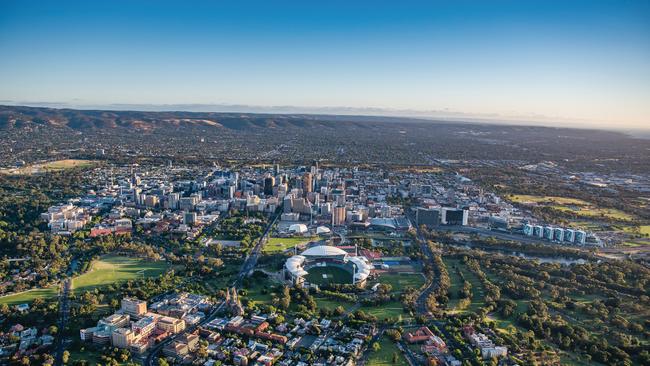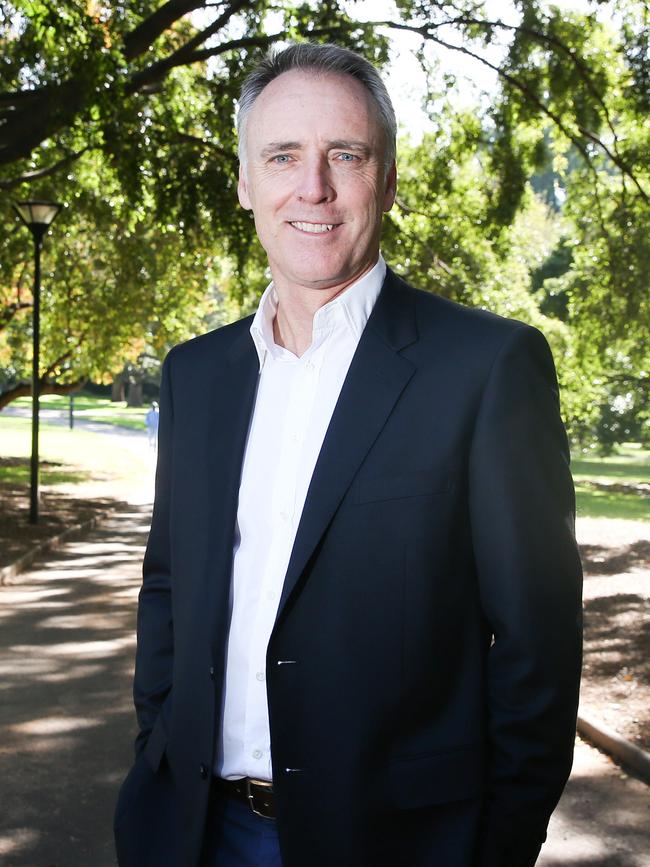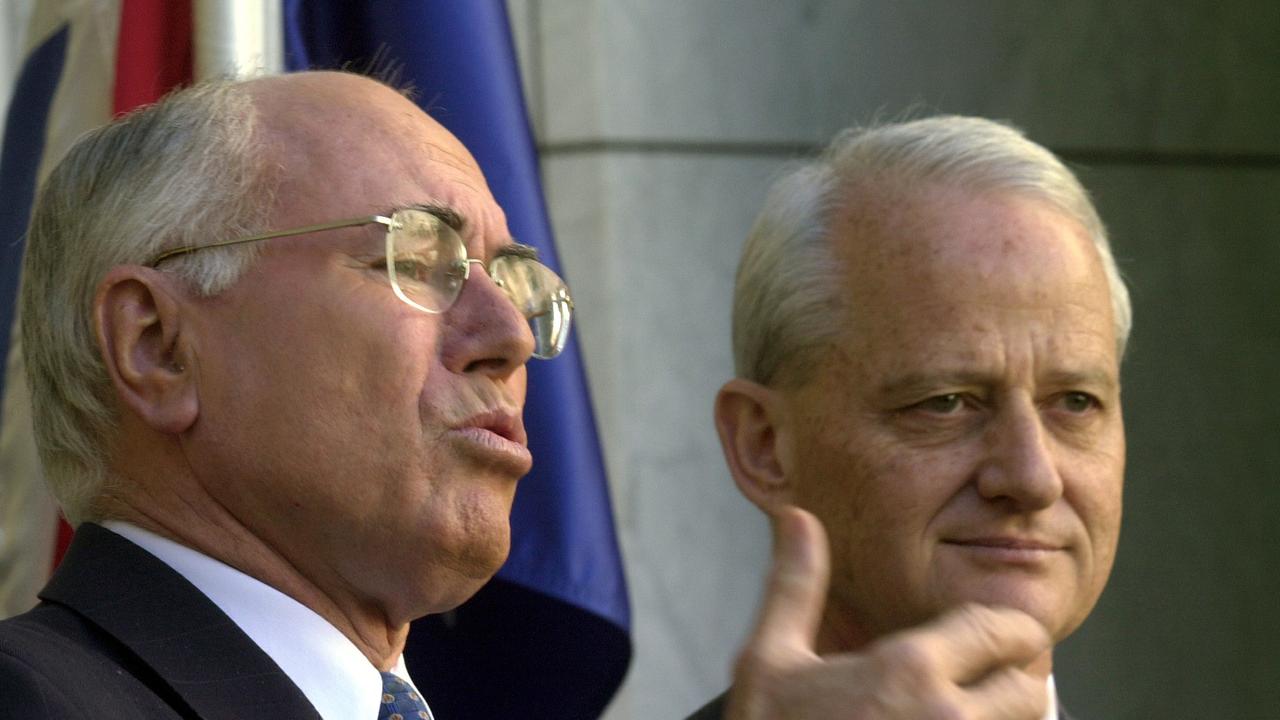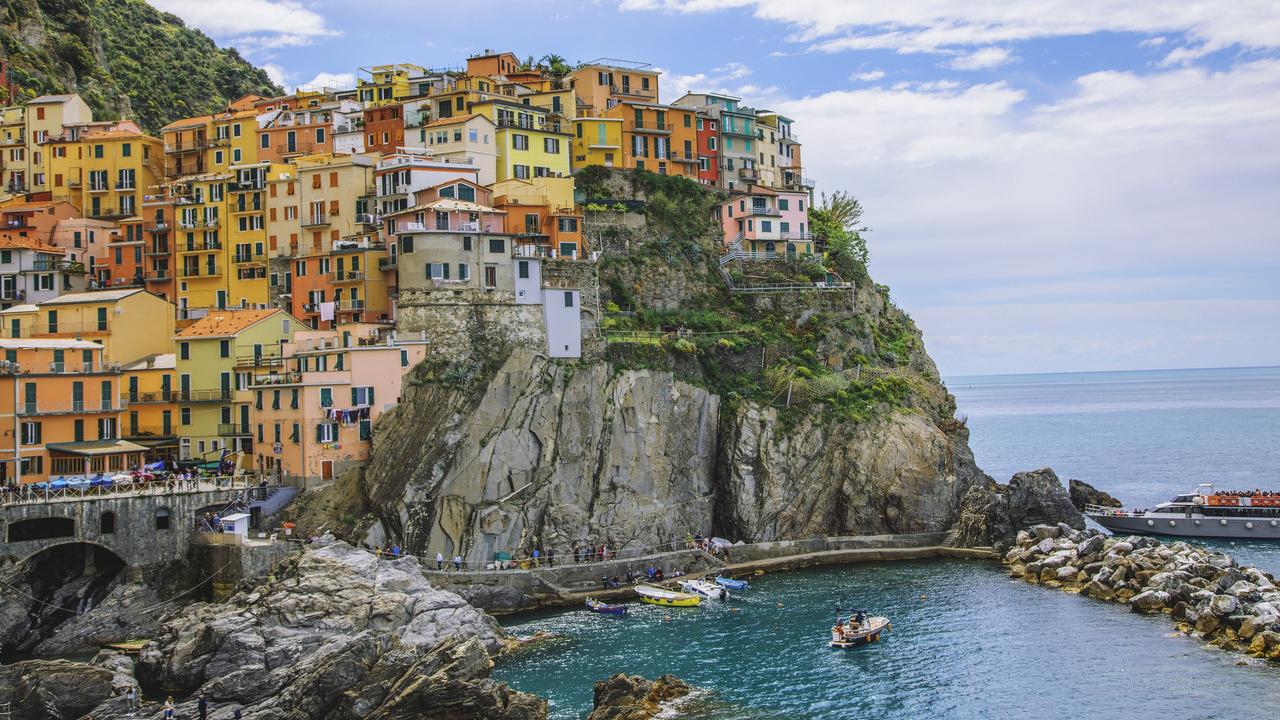Adelaide: A safe place for business to grow
Future-focused industries, unique innovation hubs and world-class infrastructure turn globally connected South Australia into a hugely attractive proposition.

South Australia is highlighting its shovel-ready projects in biotechnology, defence, space and energy under its plan to propel economic growth and deepen international trade.
The Marshall government has set an ambitious goal of 3 per cent state economic growth — more than double the 10-year average — to increase its share of the national economy and jobs growth.
From new cancer-drug candidates in development to a 300mW battery storage project and orbital and suborbital launch sites, the Invest SA site showcases the diverse trade opportunities available.
Premier Steven Marshall says the state is ready for business.
“Our world-class digital infrastructure makes us globally connected and we’re focused on working hand in glove with industry to help support initiatives that business want,” Marshall says.
“South Australia is the safest state, in the safest nation, while also being home to a strong, vibrant business community where future-focused industries are complemented by unique innovation hubs, world-first technologies, and a low cost of doing business.
“Our unique blend of commerce, originality and lifestyle makes South Australia one of the best places for a business to grow.”
Four international trade offices for the state have opened, in China, Japan, Dubai and the US, on top of an office in London, and another office to be opened in South East Asia.
The government also has representatives in Kuala Lumpur, South Korea and India.
They highlight the state’s competitive advantages: premium city office space at a price just one-third of Sydney’s and half of Melbourne’s, lower average wages, high liveability, no payroll tax for wages less than $1.5m, the Lot Fourteen and Tonsley Innovation District hubs for innovation and advanced manufacturing, and $90bn in defence projects.
Bank SA chief economist Besa Deda says SA’s strengths in food and beverage manufacturing, defence, agriculture and renewable energy mean it is well placed to take advantage of increases in those sectors. The global impact of COVID-19 has also increased activity in some manufacturing sectors, she says, with a move to bring supply chains back to Australia.
Likewise, Deda says its low rates of COVID-19 had allowed the state’s businesses to keep operating, and gain traction for its lower-density liveability.
“That enabled South Australia to open its economy more fully ahead of other states and remain open,” Deda says.
Going into the November Budget, the SA government maintained its $12.9bn infrastructure program, its payroll tax cuts for small business, and land-tax reductions in the name of boosting economic growth.
It is also doubling down on its program of grants and incentives to build the private sector.
These include the $100m Economic and Business Growth Fund, the $150m Regional Growth Fund and the $27.9m Research, Commercialisation and Start Up Fund.
Since 2018 the SA Export Accelerator program has helped about 100 companies to market themselves internationally and subsidised freight costs. And the incentives are helping young businesses develop their potential.
Adelaide-based Turbine Aeronautics is building a prototype turbine engine, known as TurbAero, that is lighter and smaller than the conventional piston engine used in light aircraft, with only half the carbon emissions.
Their core technology is also applicable as a 100kW to 1mW turbogenerator that can be used as an off-grid or backup power source.
‘South Australia is lucky to have a highly educated workforce; it’s one of the reasons we decided to set up here’
Executive chairman Andrew Limmer says their twin innovations are targeting global markets currently worth about $8bn.
“There’s a very significant market there,” Limmer says. “We believe we have the technology in the aviation space to ultimately replace the piston engines; and in the turbo-generator space, to provide a viable alternative.”
Three years into research and development, Limmer says their progress would not have been possible without state government support.
Turbine Aeronautics has since held discussions with SA government departments about other early commercialisation fund grants and a venture-capital program that Limmer hopes will create more jobs in the city.

“Our aim is to employ 20 to 30 people within the next few years,” Limmer says. “South Australia is lucky to have a highly educated workforce; it’s one of the reasons we decided to set up here.”
He admires what the government is doing to help businesses take the next step towards success.
“The early-stage ecosystem in Australia is very tough,” Limmer says. “The government is trying to plug an acknowledged gap in the market for early-stage companies, which is very tangible. It’s real dollars.”
Limmer hopes that assistance will take his company’s products well beyond its home state.
“From a South Australian point of view we’re a local company,” he says, “but our aspirations are global and our target is to make inroads into those quite significant markets.”



